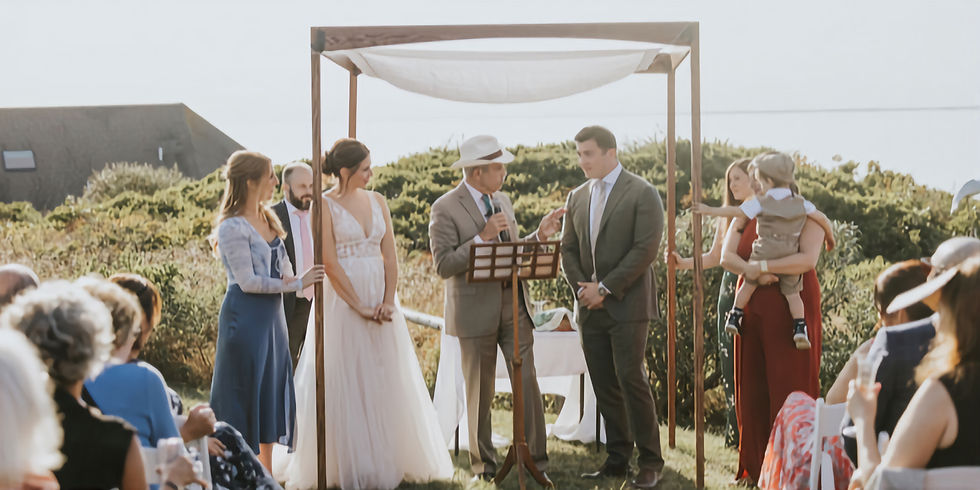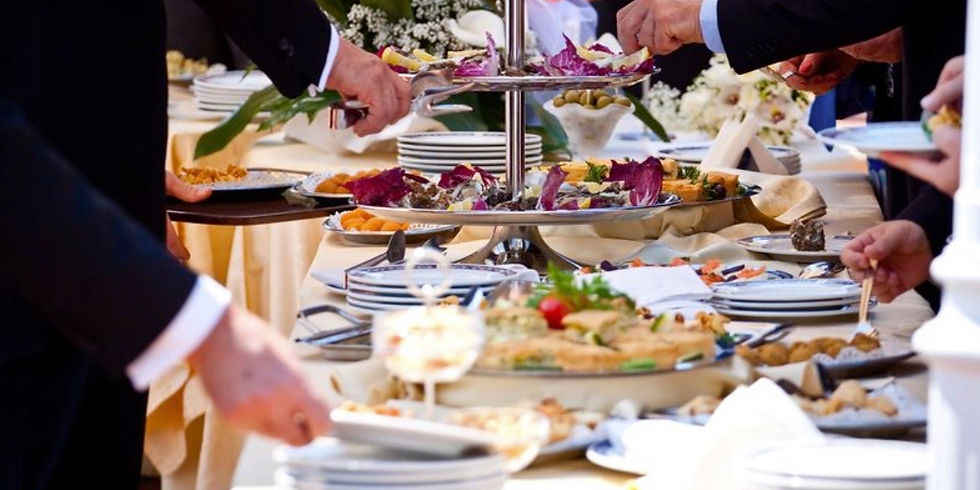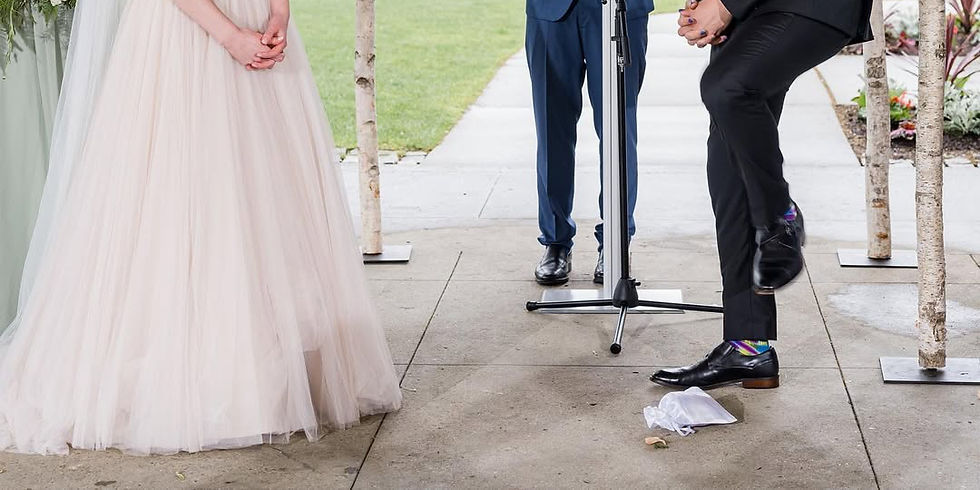
Weddings are a beautiful celebration of love and commitment, rich with customs passed down through generations. Jewish wedding traditions are particularly captivating, as each element tells a profound story and holds significant meaning. Understanding these traditions allows engaged couples and planners to appreciate these time-honored practices on a deeper level.
In this post, we will explore the origins and unique processes behind Jewish wedding traditions, revealing what makes each one special.
Historical Roots of Jewish Wedding Traditions
Jewish wedding traditions trace back thousands of years, rooted in religious texts and cultural practices. The Torah, one of the oldest texts, speaks to the sacred nature of marriage between a man and a woman.
According to the Jewish Virtual Library, the first recorded Jewish marriage took place around 3500 years ago. While many customs have evolved, core aspects remain unchanged, underscoring the significance of marriage in Jewish culture. This strong foundation not only reflects spirituality but also reinforces community bonds, as families come together to celebrate this pivotal life event.
The Ketubah: A Testament of Love and Responsibility
A cornerstone of Jewish weddings is the Ketubah, a marriage contract that outlines the husband's responsibilities to his wife. This legally binding document is often beautifully illustrated, representing the couple's personal style.
For example, some Ketubot include intricate designs or even personalized text. During the ceremony, it is signed by two witnesses and read aloud, signifying the couple's commitment to one another. This act roots their relationship in mutual respect and love, while also serving as a constant reminder of their vows.

The Role of the Chuppah
The Chuppah or Huppah is another vital part of Jewish wedding ceremonies. This wedding canopy, typically made from a beautiful cloth draped over four poles, symbolizes the home that the couple will create together. It is customarily open on all sides, which represents hospitality and a welcome environment for family and friends.
Under the Chuppah, the couple is surrounded by their loved ones. This strong sense of community emphasizes that marriage is not just a union of two individuals, but also a coming together of families and friends who support them on their journey. Read more about Chuppahs here.

Ring Exchange: A Symbol of Eternity
During the ceremony, the exchange of rings symbolizes the couple's commitment. The ring is typically a plain band made of precious metal, representing eternity through its unbroken circle.
In most traditional Jewish weddings, the groom places the ring on the bride's index finger, emphasizing equality in their partnership. The bride may also present a ring to her husband, reinforcing the promises made to each other. This simple yet profound act highlights their mutual commitment and shared journey ahead.

Sheva Brachot: Celebrating for a Week
After the wedding, the couple celebrates for a full week, known as Sheva Brachot. This tradition includes daily festive meals, bringing together family and friends to share blessings and joy.
Each evening, a different guest can host, creating a rotating celebration that is lively and filled with laughter. This week-long party not only reinforces community ties but also allows loved ones to uplift the couple with well-wishes and support as they embark on their marriage.

Breaking the Glass: A Moment of Reflection
One of the most notable moments during a Jewish wedding is the breaking of the glass. At the ceremony's conclusion, the groom (and sometimes the bride) breaks a glass with a stomp of their foot. This custom has various interpretations, from acknowledging the fragility of relationships to honoring the sorrows of the Jewish people.
Regardless of its meaning, the act serves as a reminder for all present to appreciate the joy of the occasion while also recognizing challenges in history. This blend of celebration and reflection makes it a uniquely memorable part of the ceremony.

The Importance of Traditions in Jewish Weddings
Jewish wedding traditions hold deep significance, connecting couples to their cultural heritage and enriching their wedding experience. Engaged couples and planners embrace these traditions to create ceremonies filled with personal meaning.
From the Ketubah to the Chuppah and Sheva Brachot, each custom can infuse weddings with intention and significance. Couples navigate these age-old practices to strengthen their bond and align their relationship with their shared heritage.

Final Thoughts on Jewish Wedding Traditions
Jewish wedding traditions invite engaged couples to connect deeply with each other and their shared cultural roots. Each custom reflects essential values, responsibilities, and the joys of marriage.
As couples plan their special day, incorporating these rich traditions can make for a heartfelt ceremony filled with meaning. Whether you are a Jewish couple eager to honor your heritage or a wedding planner aiming to create a magical experience, embracing these customs will undoubtedly leave a lasting impact.
In the end, these traditions are more than just rituals; they are heartfelt expressions of love, unity, and connection that stand the test of time. Every wedding, with its unique vows, celebrations, and personal touches, contributes to the couple's story as they begin their journey together.

Comments